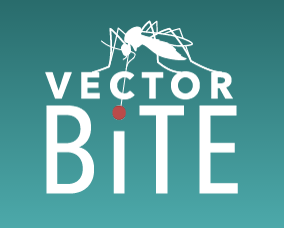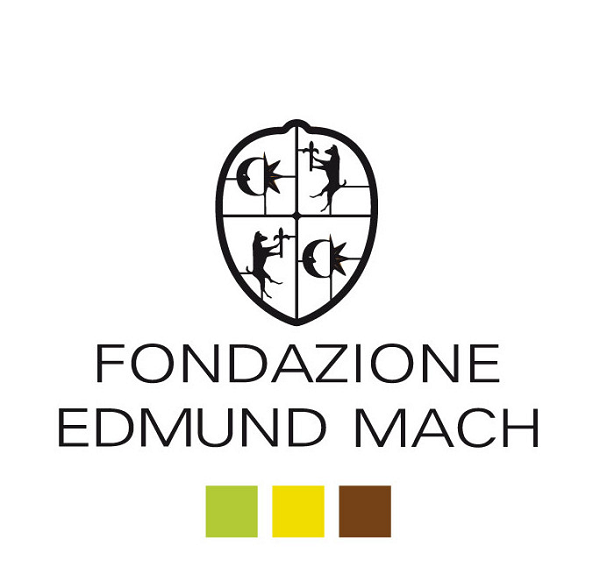VectorBiTE 2019
Trento, Italy
June 17th – 22nd 2019
Before filling out an application please make sure you sign up on our website to get updates and emails from VectorBiTE.
Training:
We will be holding a training workshop for 30 students/postdocs similar to that run in the previous year (https://github.com/vectorbite/VBiTraining)- All trainees are expected to attend the working group meeting following the workshop. You will be placed in Working Groups based on your interests/skills. Applications will be due Dec 15th, 2018, the application can be found here.
Working Groups:
We are inviting working group applications in the 3 following broad areas (examples of specific lines of interested enumerated below each heading): Applications will be due Dec 15th, 2018, the application can be found here.
- Modeling using the VectorByte Resources
- Analyses Using VecDyn
- Linking vector traits to vector fitness using VecTraits and VecDyn
- Linking variation in vector traits (between individuals, over lifespan, or environmentally driven) to population dynamics using VecTraits and VecDyn
- VectorByte Data Consolidation and Meta-analyses
- Those with data on the dynamics and traits of plant and animal disease vectors that wish to consolidate data for VectorByte effort.
- Those wishing to coordinate ongoing data collection efforts on either vector population dynamics or traits in any system.
- Meta-Analyses of data (e.g., Time Series Analyses Using VecDyn, trait analyses VecTraits)
- Designing and proposing a large Distributed Experiment
- Measure multiple individual traits across time or spatial gradient
- Link individual traits to population dynamics
- Link environment to transmission via traits It is ok for the proposed experiment to focus on a particular vector or system, but the approach should yield data that can inform our understanding across VBDs.
Link for uploading applications for working groups is live now. Applications will contain a short description (<500 words) of the proposed activity (scientific question to addressed/task to tackle, key deliverables for 3-day meeting (500 words max)). Working group applications may include up to 3 named members with the remaining slots to be filled by trainees and open applications. These additional members will be assigned to increase mixing of researchers from different backgrounds and areas of expertise.
Accepted working groups will be notified by the end of January.
Open Applications:
Applications can be made to any of the predetermined working groups starting Jan 20th, 2019, these applications will close in Feb 2019. Notifications for open applications will be made in March 2019.


